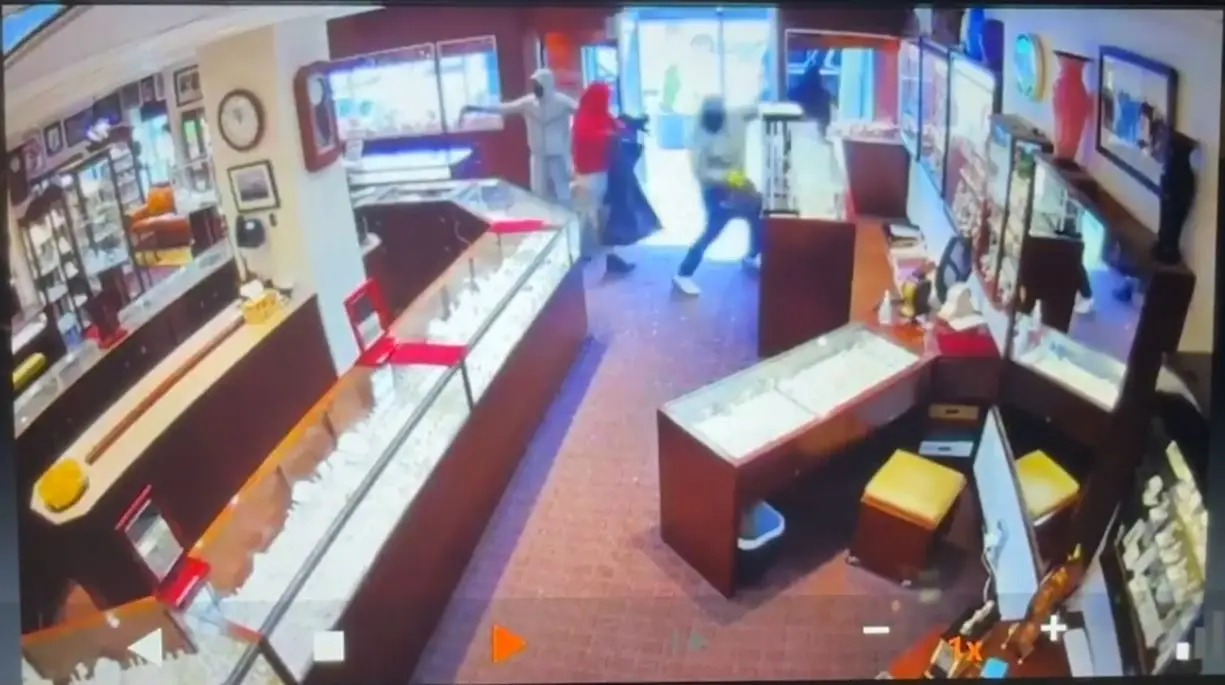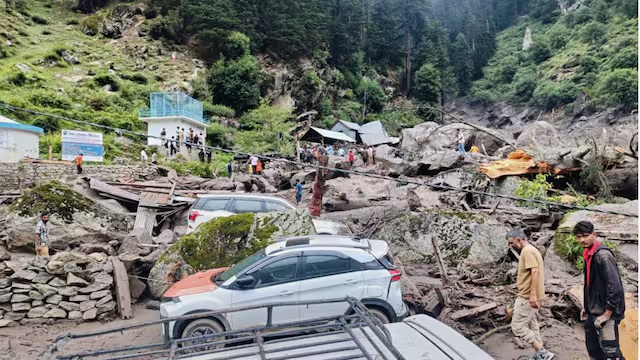
The Supreme Court on July 24 reserved its judgment in the State of Karnataka’s plea seeking cancellation of bail granted to actor Darshan in the Renukaswamy murder case. The appeal challenges the High Court’s decision to grant bail to Darshan and six other accused in this high-profile criminal case.
The bench hearing the matter comprised Justice JB Pardiwala and Justice R Mahadevan. During the proceedings, the court raised two important issues orally. Firstly, the court questioned whether the State had any concrete evidence to support the statements of the two eyewitnesses whose testimonies were central to the case. The Supreme Court sought clarification on whether these eyewitness accounts were sufficiently corroborated by independent evidence, a crucial factor in assessing the merits of the bail application.
Secondly, the court scrutinized the manner in which the Karnataka High Court exercised its discretion in granting bail to the seven accused, including Darshan. Justice Pardiwala expressed serious concerns over the High Court’s approach, remarking that the court had essentially handed down a judgment akin to acquittal in favor of the accused persons at the bail stage. He suggested that the High Court’s decision appeared to have pre-judged the case without a detailed trial, which is not appropriate in matters involving serious allegations like murder.
The State of Karnataka has argued that the accused, including Darshan, should not have been granted bail given the gravity of the charges and the evidence available against them. The plea emphasizes the need to ensure that justice is served in the case of Renukaswamy’s murder, urging the Supreme Court to reconsider the bail order.
On the other hand, the defense argued that the High Court’s decision was justified and highlighted the absence of conclusive evidence to keep the accused persons in custody during the trial. They maintained that bail was granted following proper judicial discretion.
With judgment reserved, the Supreme Court’s decision will be keenly watched by legal experts and the public alike, as it will set an important precedent regarding bail in high-profile murder cases and the limits of judicial discretion at the bail stage.













